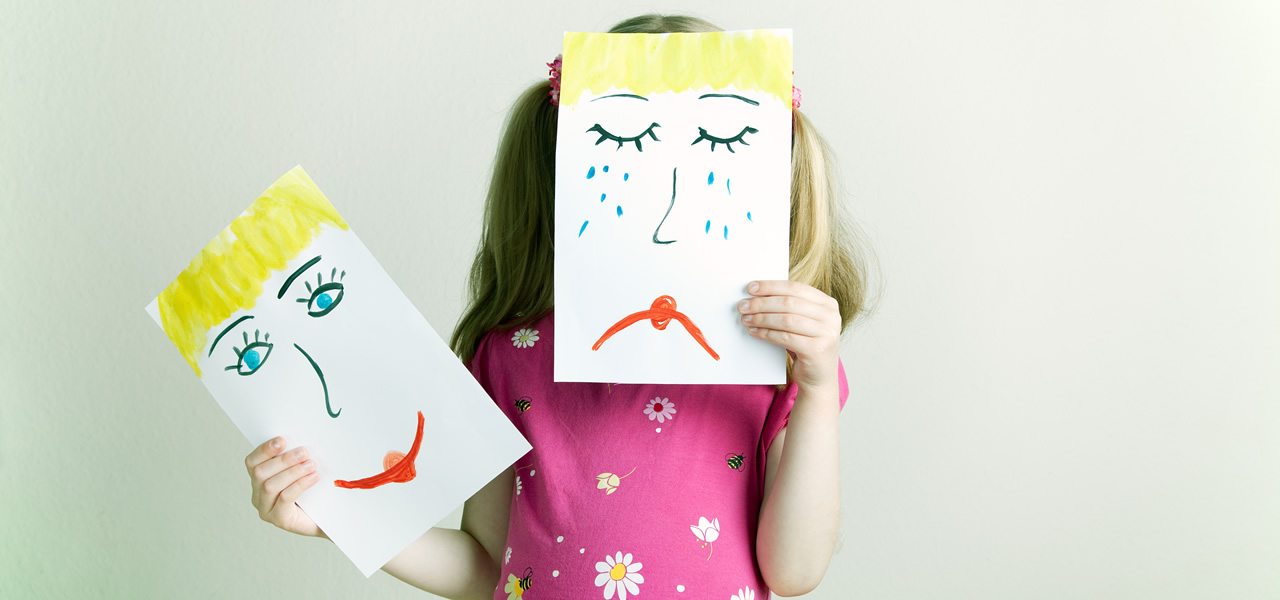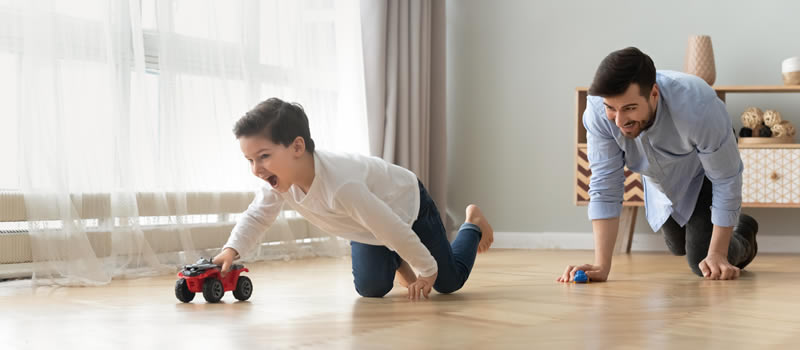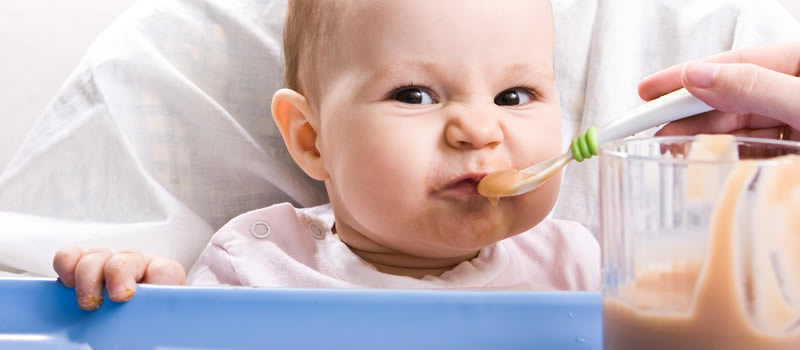What are Social-Emotional Skills?
Social-emotional skills provide children the opportunity to connect with themselves and others! They are necessary in the development of wholesome relationships, empathy, emotion regulation, and decision making.

Social-emotional skills provide children the opportunity to connect with themselves and others! They are necessary in the development of wholesome relationships, empathy, emotion regulation, and decision making.
Social‐emotional delays can affect your child’s overall well-being, making them vulnerable to internal struggles such as feeling lonely, sad, anxious and withdrawn. In addition, it can affect other areas of functioning such as behavior, communication, and learning.
A child may be diagnosed with an anxiety disorder if they do not outgrow common fears and worries that accompany them growing up, or if there are too many fears and worries to function normally at home, at school, or at playtime. Anxiety comes in different forms such as test anxiety, phobia, separation anxiety etc…
Children who experience anxiety may express fear or worry, but it can also make them frustrated and angry. Along with physical symptoms like weariness, headaches, or stomachaches, anxiety symptoms can also include difficulty sleeping. Because some anxious kids keep their problems to themselves, the symptoms may go unnoticed.
Every child experiences occasional sadness or a sense of helplessness. Some youngsters, though, experience sadness or disinterest in activities they once found enjoyable, or they may feel hopeless or helpless in circumstances they have the power to change. Children who experience prolonged sadness and hopelessness may be diagnosed with depression. Some kids might not express their feelings of sadness and helplessness, and they might not seem depressed to others around them. A child with depression may also act disruptively or act unmotivated, which could lead others to label him as a trouble-maker, stubborn, or lazy.
Most children may go through extremely stressful situations that have an impact on their emotions and thinking. Children typically make a full recovery rapidly. However, occasionally kids who go through a lot of stress, whether from an injury, the loss of a close family member, or are exposed to any form of traumatic, violent, or abusive situations, will be negatively impacted for a long time. The child might suffer this pain firsthand or see it happen to someone else. Children may be diagnosed with post-traumatic stress disorder if they have severe symptoms from stress that last for a long period of time (more than a month) and interfere with their relationships and activities. The signs of traumatic stress might be mistaken for those of attention-deficit/hyperactivity disorder (ADHD) because children who have experienced traumatic stress may appear restless, fidgety, or have difficulties focusing and remaining organized.
Your child might be developing an eating disorder if you notice signs of obsessive food related thoughts, extreme concern about food intake, big changes in weight, obsessive thoughts regarding their body, or overall physical and emotional weaknesses due to lack of nourishment.
The most common disorders for children under 12 years old
The most common disorders for children over 12 years old
Our professional can help determine your child’s areas of struggle and address them head on. Together we will work on setting goals, acquiring and maintaining the necessary skills while building a comfortable and safe space to share openly. Confidentiality and trust are highly valued and respected at ONESTI. Social and emotional wellbeing is a journey and we are here to guide you and your family through it!
If you notice that your child is presenting with any of the above red flags or experiencing any of the mentioned disorders, do NOT wait because these are serious alerts! ONESTI’s professionals are just a click away. You can fill ONESTI’s developmental screening checklist if your child is between 2-60 months old and learn more about their social emotional development. You can also have your child fill ONESTI’s Social Emotional 6-11 years checklist or Social Emotional 12 years+ checklist to let us know more about themselves. Benefit from a free consultation NOW!
The purpose of ONESTI’s developmental checklist is screening for any delays in the different areas of development. The scores are based on your observations. A comprehensive assessment is required to verify results.

This will close in 0 seconds
The purpose of ONESTI’s ” Bon Appetit“ checklist is screening for any difficulties in feeding. The scores are based on your observations. A complete feeding assessment is required to verify results.

This will close in 0 seconds
The purpose of ONESTI’s ”Independent me“ checklist is screening for delays or issues relating to your child’s adaptive skills. The scores are based on your observations. A complete adaptive skills assessment is required to verify results.

This will close in 0 seconds
الغرض من قائمة تطور النمو الخاصة بأونستي هو الاشارة الى وجود أي تأخر في مختلف مجالات النمو. تعتمد النتائج على ملاحظاتك. ويلزم إجراء تقييم شامل للتحقق من النتائج.

This will close in 0 seconds
الغرض من قائمة مهرات الاستيقلالية الخاصة بأونستي هو الاشارة الى وجود أي تأخر في مختلف المجالات. تعتمد النتائج على ملاحظاتك. ويلزم إجراء تقييم شامل للتحقق من النتائج.

This will close in 0 seconds
إن الغرض من قائمة "Bon Appetit" الخاصة بأونستي هو تحديد وجود أي صعوبات في هذا الروتين. تعتمد النتائج على ملاحظاتك. يلزم إجراء تقييم كامل من قبل اختصاصيين للتحقق من النتائج

This will close in 0 seconds